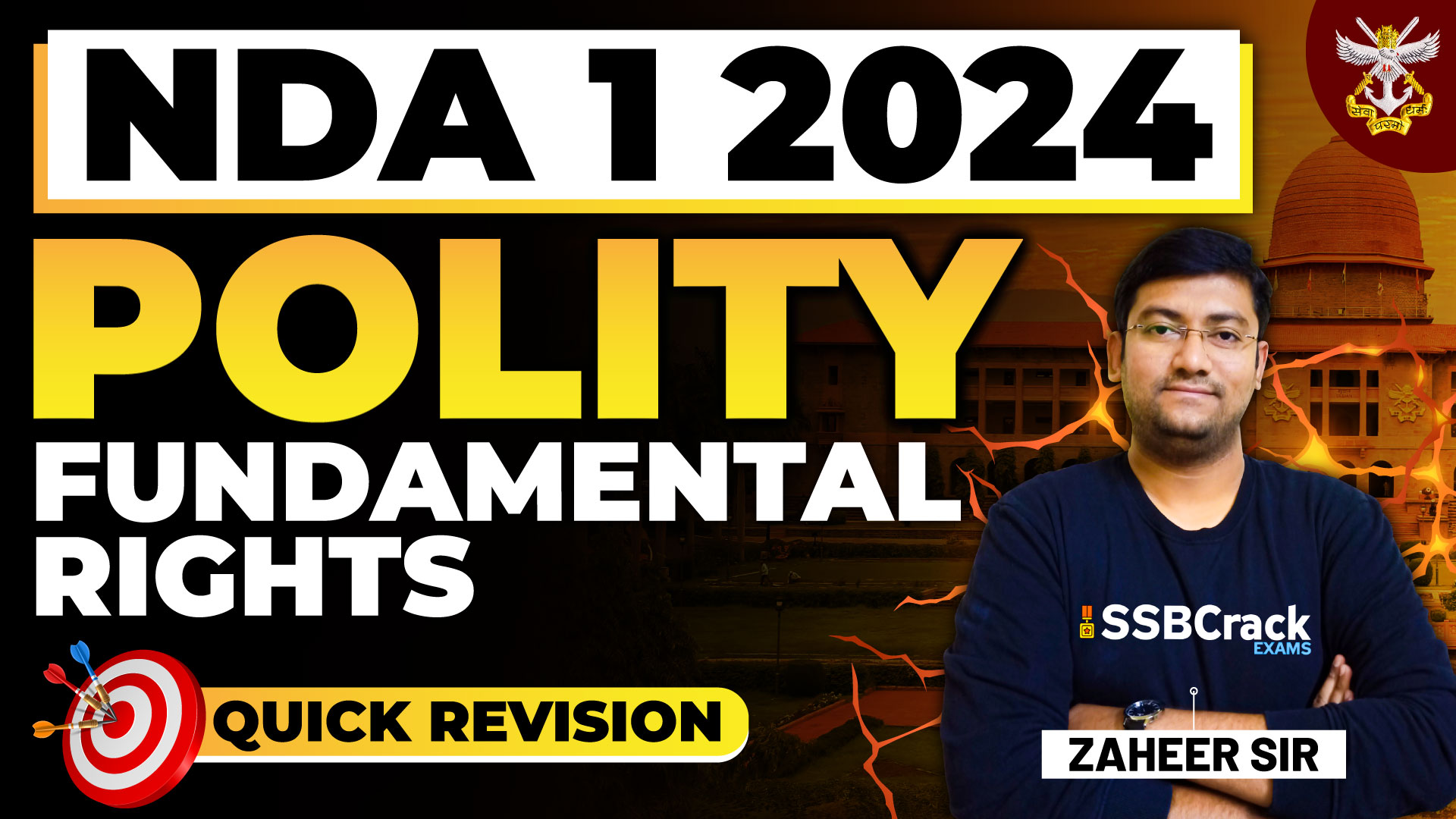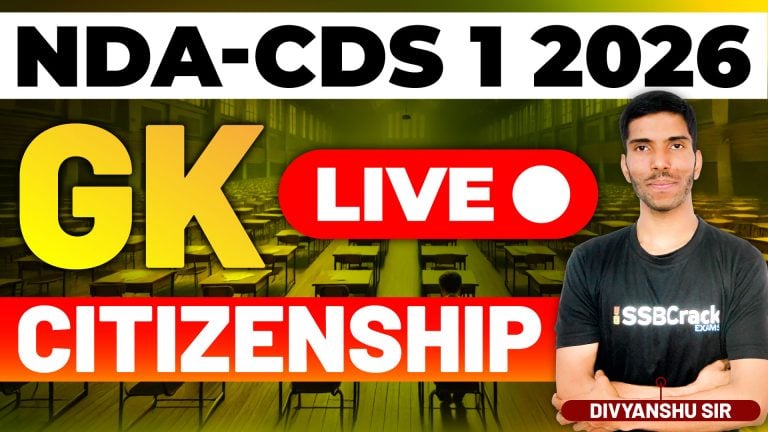Aspiring candidates preparing for the National Defence Academy (NDA) examination in 2024 must comprehend the paramount significance of fundamental rights within the framework of Indian polity. The subject matter holds immense importance not only for excelling in the examination but also for fostering a deep understanding of the democratic principles upon which our nation is founded. Therefore, conducting a dedicated class on Fundamental Rights in Indian Polity is not just essential but pivotal for the success of NDA aspirants.
First and foremost, a thorough understanding of fundamental rights is indispensable for comprehending the constitutional fabric of India. Fundamental rights are enshrined in Part III of the Indian Constitution, and they serve as the cornerstone of our democratic setup. These rights, which include the right to equality, right to freedom, right against exploitation, right to freedom of religion, cultural and educational rights, and the right to constitutional remedies, are not merely legal provisions but are reflective of the aspirations and liberties of the Indian citizenry. Hence, grasping their essence is crucial for any individual aiming to serve the nation through the armed forces.
Furthermore, the NDA examination is not just about testing rote memorization but assessing candidates’ analytical skills and their ability to apply knowledge in real-world scenarios. A class dedicated to fundamental rights provides candidates with a platform to delve deeper into the principles, interpretations, and implications of these rights. Through interactive sessions, discussions, and case studies, aspirants can develop a nuanced understanding of how fundamental rights intersect with various aspects of governance, law, and societal dynamics.
Moreover, a profound knowledge of fundamental rights equips aspirants with the intellectual tools necessary for making informed decisions and judgments in their future roles as officers in the armed forces. As defenders of the nation’s sovereignty and guardians of its democratic principles, NDA cadets must possess a keen awareness of constitutional rights and their implications. Whether it involves upholding the rights of citizens during internal security operations or respecting the rule of law in conflict zones, a solid understanding of fundamental rights is indispensable for effective leadership and decision-making.
Additionally, the class on fundamental rights fosters a sense of civic responsibility and democratic ethos among NDA aspirants. By exploring landmark cases, historical contexts, and contemporary debates surrounding fundamental rights, candidates develop a heightened sense of awareness about their rights and duties as citizens of India. This awareness not only enhances their intellectual acumen but also instills in them a sense of duty towards safeguarding and upholding the constitutional values of justice, liberty, equality, and fraternity.
In conclusion, the class on fundamental rights in Indian Polity is not just another lecture in the curriculum of NDA 1 2024; it is a vital cog in the machinery of preparing future leaders of the nation. By imparting knowledge, fostering critical thinking, and nurturing democratic values, this class lays the foundation for the holistic development of NDA aspirants, equipping them with the intellectual prowess and ethical grounding necessary for serving the nation with honor, integrity, and distinction. Therefore, it is imperative that candidates approach this class with diligence, enthusiasm, and a genuine zeal for imbibing the principles of democracy and constitutionalism that underpin the Indian polity.







